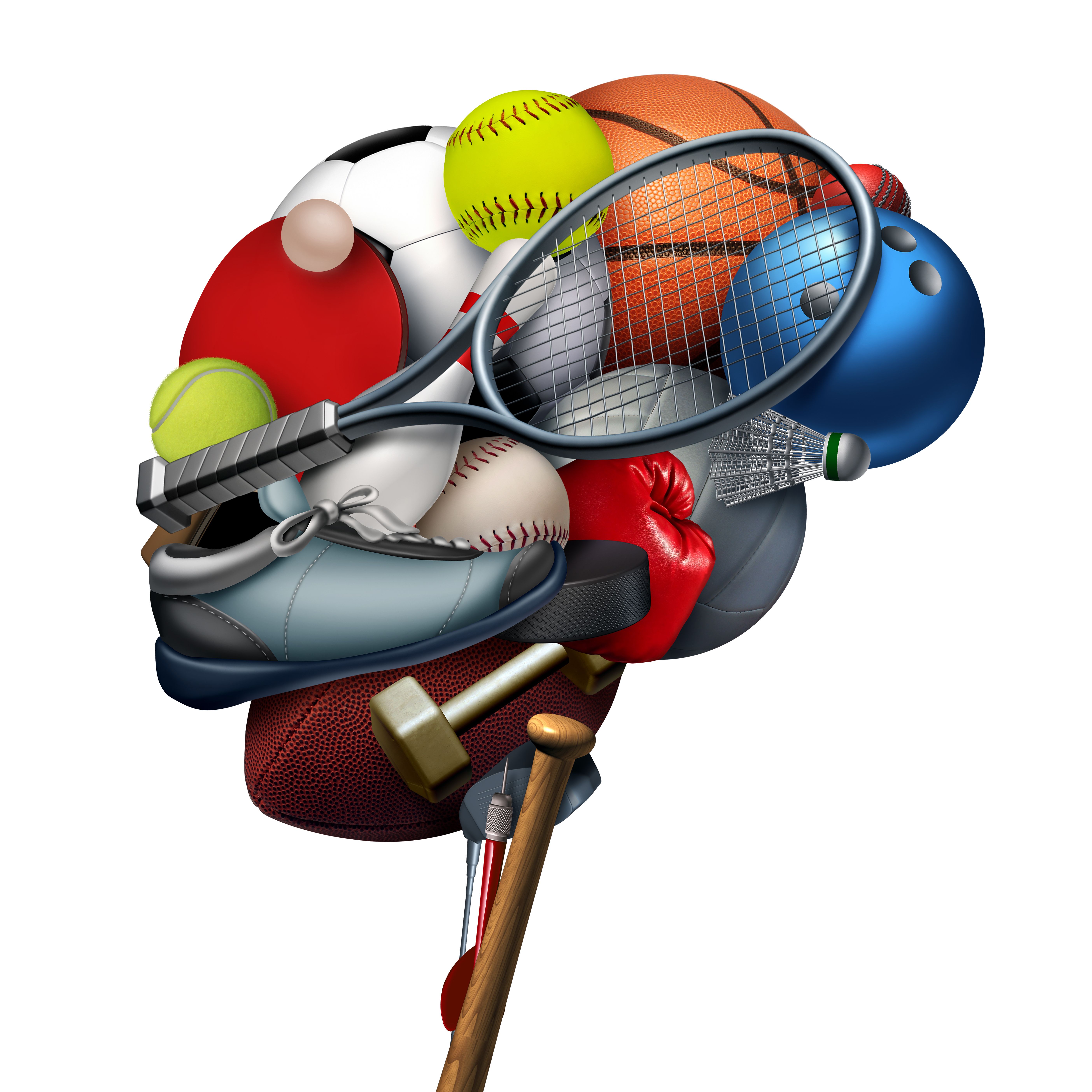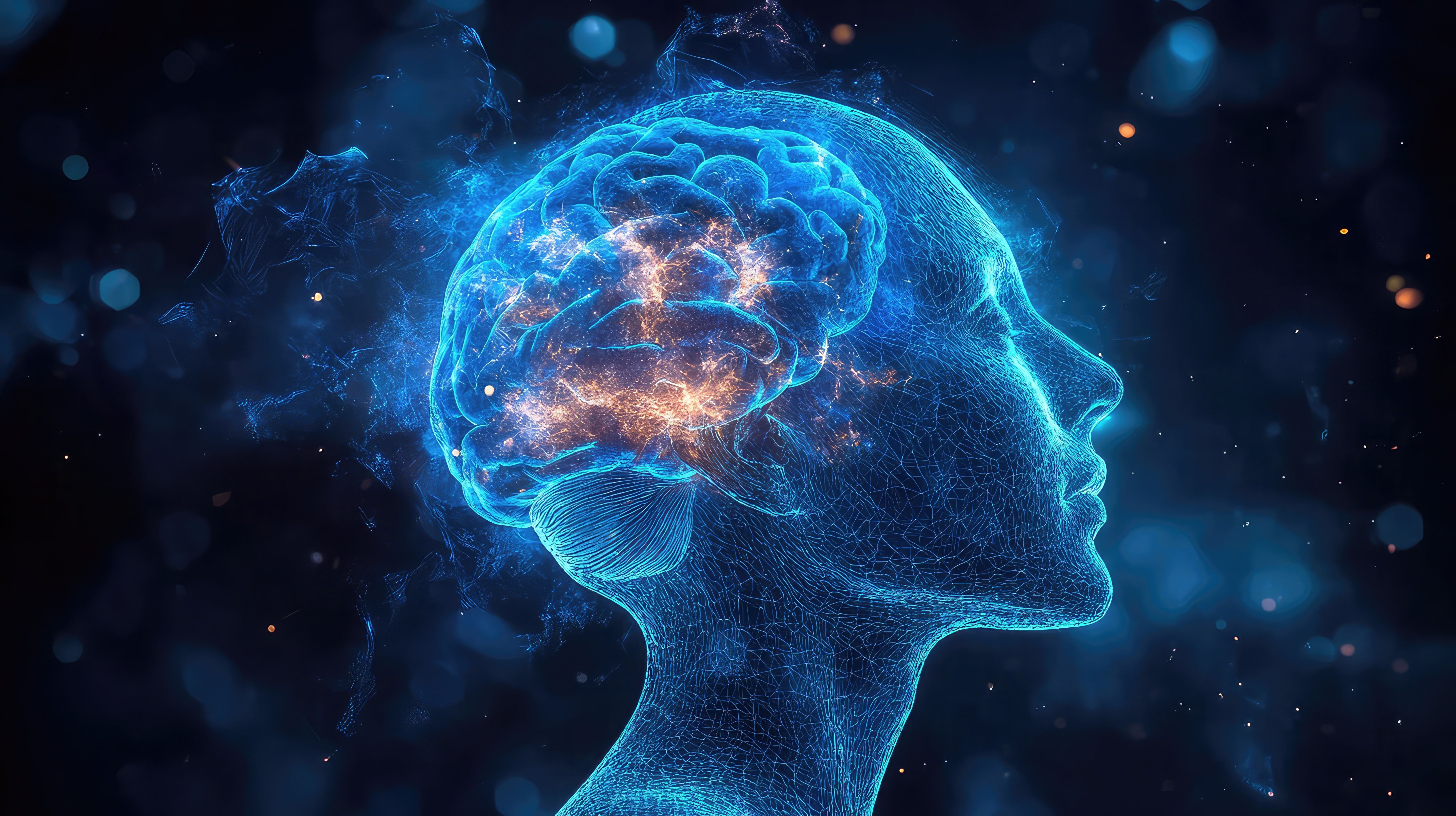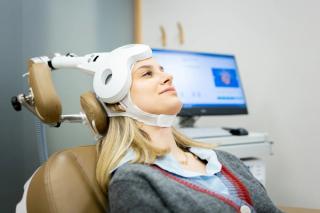
Transcranial Magnetic Stimulation
Latest News
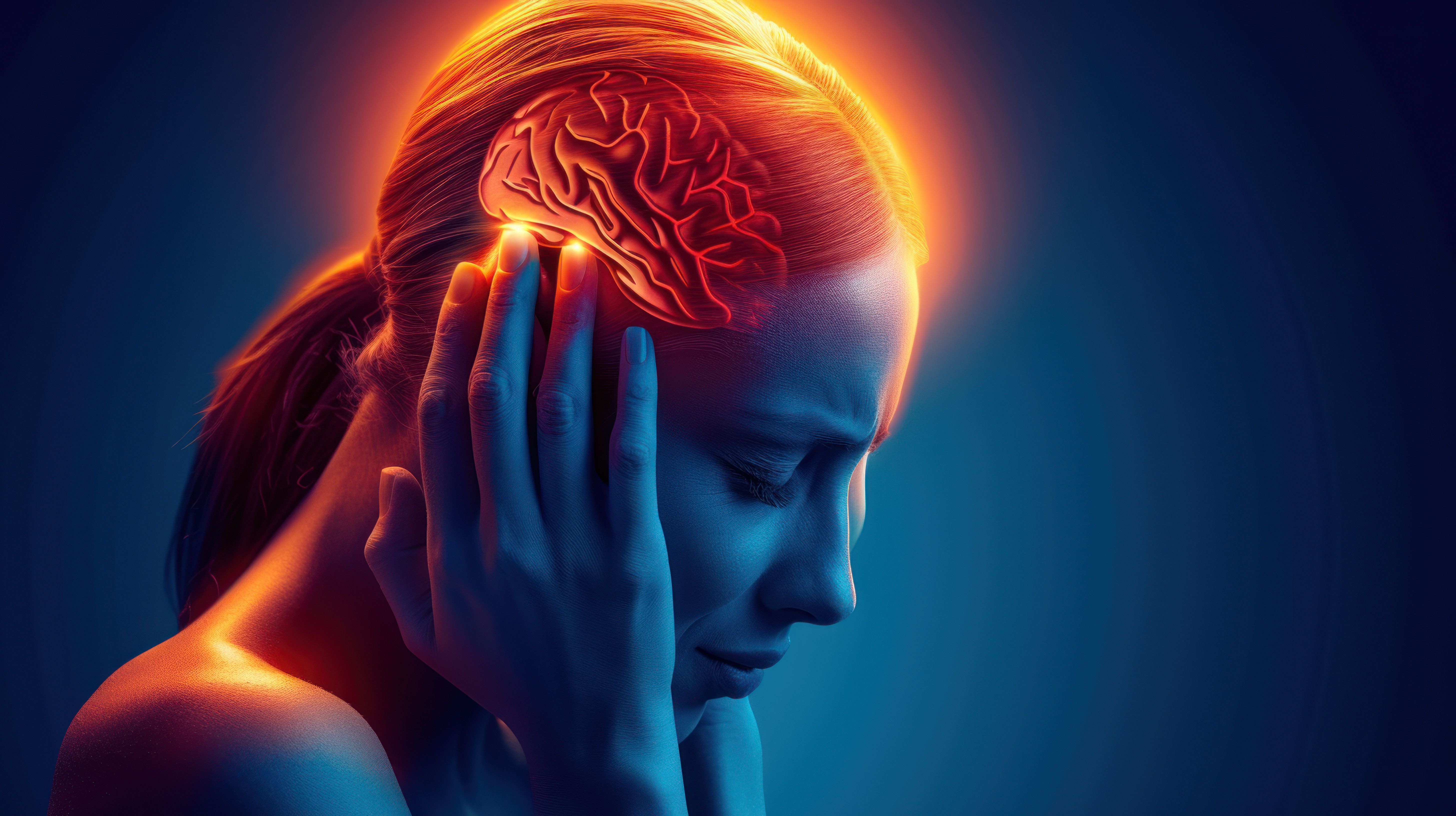

FDA Approves ProlivRX: First Prescription, Physician-Directed, At-Home Brain Neuromodulation Therapy for MDD
Latest Videos

Podcasts
CME Content
More News
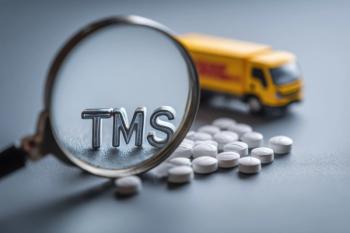
Discover how combining transcranial magnetic stimulation and ketamine therapy revolutionizes treatment for complex conditions like depression and pain.
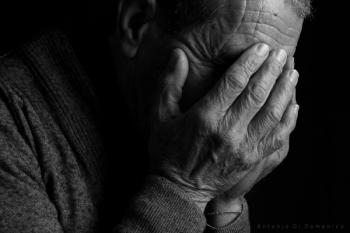
Late-life depression poses unique challenges, impacting cognitive function and requiring tailored treatment strategies for older adults.

Apathy significantly affects cognitive impairment patients, yet remains underrecognized. Discover effective assessment and treatment strategies for improved outcomes.
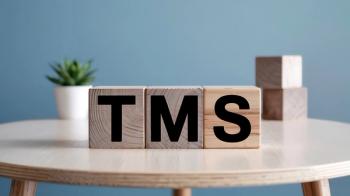
FDA clears accelerated deep TMS protocol for major depressive disorder, offering faster treatment with similar outcomes and fewer visits.
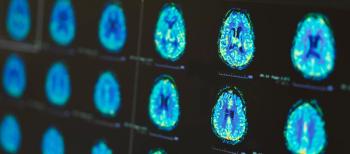
Combination therapy of TMS and ketamine could enhance brain perfusion and neuroplasticity.

A pioneer in cognitive behavior therapy shares his thoughts on a 50-year-long career.

The Stanford Accelerated Intelligent Neuromodulation Therapy (SAINT) for treatment-resistant major depressive disorder has now demonstrated promise for reducing depressive symptoms of bipolar I disorder in an open-label feasibility and safety trial.
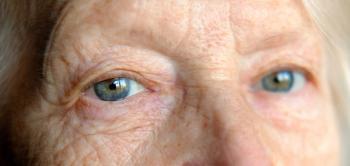
A recent study found that ketamine and transcranial magnetic stimulation show promise in treating treatment-resistant depression in older adults.
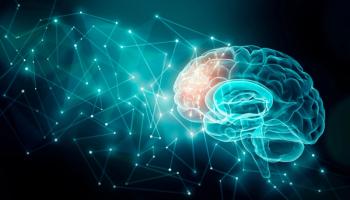
Frontal lobe syndrome can present with a range of perseverative, disinhibited, overactive behaviors that do not meet traditional dementia/neurocognitive disorder criteria. Learn more here.
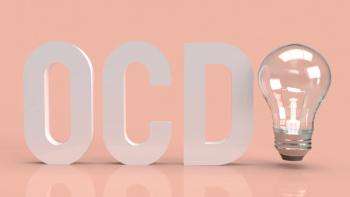
Clinicians should consider rTMS as an intervention to alleviate OCD symptoms, especially in those who have failed other treatments or those with comorbid depression.
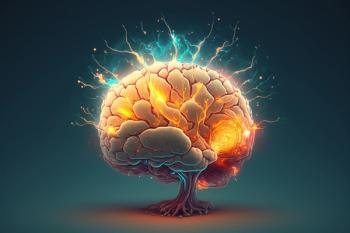
An expert shares more about the recent data on NeuroStar advanced TMS. Learn more here.

Negative symptoms pose significant challenges for individuals with schizophrenia and their caregivers.

According to new data, NeuroStar Advanced TMS helped nearly 60% of adolescents with major depressive disorder.
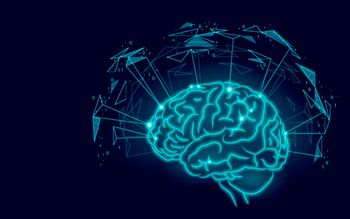
The FDA has granted clearance to the Horizon Inspire transcranial magnetic stimulation system to treat major depressive disorder, obsessive-compulsive disorder, and anxious depression.
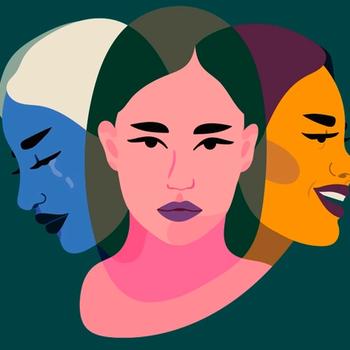
A refined rTMS protocol, the Stanford Accelerated Intelligent Neuromodulation Therapy for major depressive disorder, shows promise in bipolar disorder.
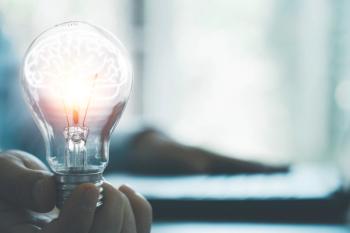
A new study shows that rTMS has moderate therapeutic effects on OCD severity.
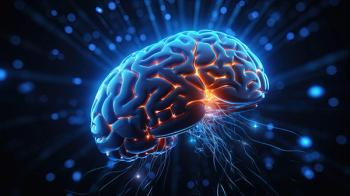
Adjunctive rTMS for antidepressant nonresponders? Researchers performed a randomized comparison with current antidepressant treatment approaches.
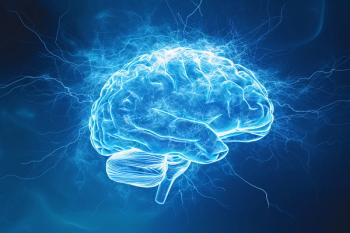
Baseline clinical factors and early improvement in overall and specific depressive symptoms predict response to rTMS in patients with depression.
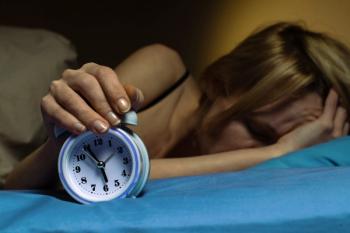
Will this help my sleep and mood? Researchers investigated the effects of noninvasive neurostimulation on sleep quality and depressive symptoms in patients with major depressive disorder in a meta-analysis of randomized controlled trials.
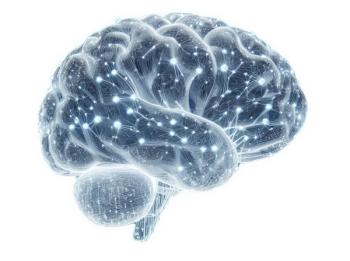
Will this procedure help? Researchers investigated early symptom improvement and other clinical predictors of response to repetitive transcranial magnetic stimulation for depression.
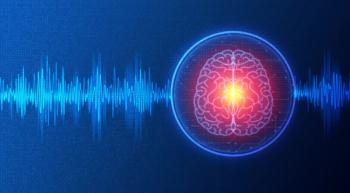
What does the recent FDA clearance of this treatment for adolescents mean for the future of MDD treatment?

Here are some updates from the world of psychiatry throughout the month of March.
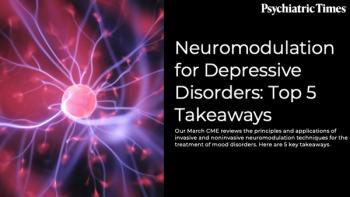
Our March CME reviews the principles and applications of invasive and noninvasive neuromodulation techniques for the treatment of mood disorders. Here are 5 key takeaways.
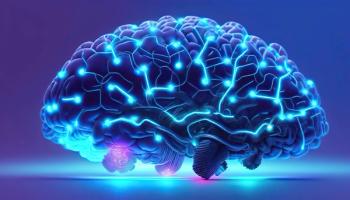
This treatment is now the first and only TMS treatment that is FDA-cleared for this patient population.

From an update on Prism for PTSD to the efficacy of home-use transcranial direct current stimulation for MDD, here are highlights from the week in Psychiatric Times.

